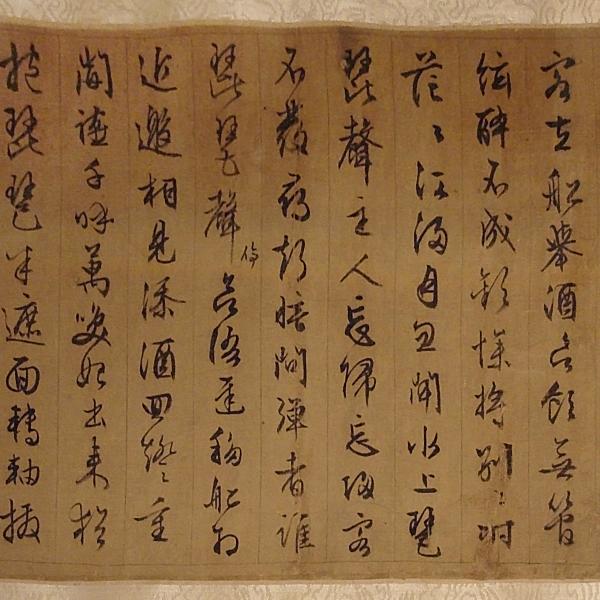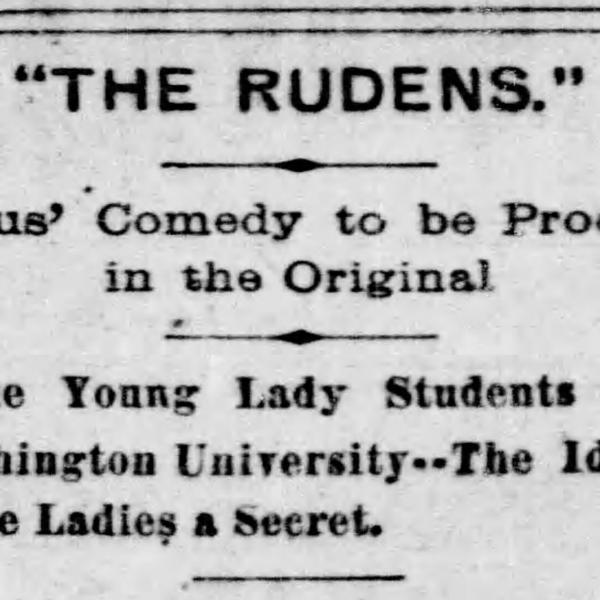Professor Keane's research and teaching interests range broadly over Greek and Roman literature and culture, but center on the comic genres and their engagement with moral, social, and literary problems.
She has published books and articles on the Roman verse satirists Lucilius, Horace, Persius, and Juvenal and the Roman epigrammatist Martial. Her current major project is a commentary on Juvenal's fifth and last book of Satires.
Prior to joining the department in 2001, she taught at Reed College and Northwestern University. She has held research fellowships from the Mellon Foundation, the Loeb Classical Library Foundation, the Center for the Humanities at Washington University, and the Margo Tytus Visiting Scholars Program at the University of Cincinnati.



